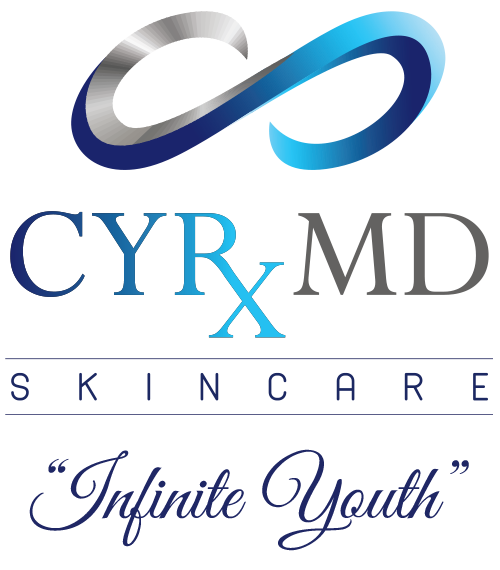Some people who have oily or acne-prone skin believe they don't need a moisturizer, but dermatologists don't agree. Even if you have oily or acne-prone skin, it's still important to use the best moisturizer for your face. Moisturizers contain ingredients that help keep your skin hydrated and shield against environmental aggressors such as pollution, smoke, smog, and allergens. Plus, many treatments for acne, such as retinoids, salicylic acid, and benzoyl peroxide disrupt the skin's barrier against moisture loss, dry the skin out and create an even stronger need for moisture.

Acne is caused by the excessive formation of sebum in the skin, which clogs up your pores. This clogging can occur because of internal factors, such as puberty, hormonal changes, the weather, or related to external factors, such as pollution. Thus, if you have acne (and if not this will surely happen at some point), it's important that you follow a treatment plan that is aimed at reducing acne and preventing future outbreaks. But that doesn't mean you shouldn't moisturize.
Depriving your skin of moisture can increase dryness and inflammation as well as contribute to clogged pores, the very thing that makes acne worse. Research shows that applying moisturizer after a gentle cleansing is therapeutic for skin prone to acne and can reduce the frequency of outbreaks.
However, you wouldn't want to use the same moisturizer if you have acne as someone with normal or dry skin. The key is to choose the right moisturizer and apply it appropriately without over-applying it. Moisturizing once per day is enough for acne-prone skin.
What Type of Moisturizer Works Best if You Have Acne?
As the American Academy of Dermatology points out, acne-prone skin needs a moisturizer that meets three criteria:
- It should be oil-free
- It should be non-comedogenic
- It should not clog your pores
The best product for acne-prone skin is a lightweight, water-based moisturizer that is free of pore-clogging ingredients. Experts recommend choosing products labeled "noncomedogenic," or "non-acnegenic," which means they're formulated to minimize the development of blemishes and blackheads.
According to Cutis, a newsletter for dermatologists, oil-free moisturizers that contain ingredients like dimethicone are ideal for people with acne. Dimethicone protects against water loss without being oily or greasy. Moisturizing ingredients that contain aloe vera may also be beneficial for reducing inflammation.
How to Apply a Moisturizer if You Have Acne
Start by cleansing your face with a suitable cleanser for acne-prone skin. After cleaning, use a soft, cotton towel to blot the moisture off your face. Your face should still be slightly damp. Then smooth on moisturizer. Wait a few minutes for the moisturizer to dry completely before applying acne treatments and don't use too many products at once. Acne-prone skin is often very sensitive, so only use products that are labeled "noncomedogenic" or "non-acnegenic. " If you have chest acne, the same applies. Use the same gentle cleansing and moisturizing routine in this area too.
Don't Overwash
When you cleanse, don't be too aggressive or wash your face too often. Many people who suffer from acne think they need to wash their face more, but in reality, too much washing can actually dry out the skin and make acne worse. Best practices for acne-prone skin include avoiding hot water, which can strip skin of its natural oils, using gentle soaps, and avoiding sebum-based moisturizers, which can clog pores. Follow up with a moisturizer but choose your moisturizer carefully to ensure it won't clog your pores and worsen your acne.
The Bottom Line
Your skin still needs protective moisture, even if you have acne. Choose a non-comedogenic one that's specially designed for acne-prone skin. If it contains ingredients, like aloe vera, that reduce inflammation, that's a bonus too. If you're unsure of which brand to choose, ask your dermatologist for advice.

Comments (0)
Back to News